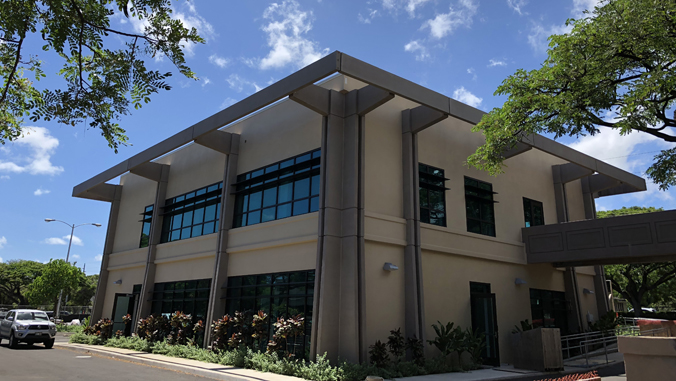
The William S. Richardson School of Law earned an A, and placed 12th among top U.S. law schools, for the practical training opportunities it provides, according to PreLaw Magazine’s 2019 ranking. The law school on the University of Hawaiʻi at Mānoa campus moved up from 13th place a year ago.
Practical training is a key ingredient in preparing law students for real world lawyering, and is an especially powerful way for law schools to “strive to deliver a more meaningful hands-on experience,” said the magazine.
The UH law school has long prided itself on the number of its clinics, externships, simulation courses, pro bono opportunities and other innovative ways to offer its students the chance to learn through working with actual clients.
“The Richardson law school was one of the first in the nation to add a requirement that students give 60 hours of pro bono service in the community as a graduation requirement, and it was the students themselves who suggested adding that requirement,” said Dean Avi Soifer. “Our students have always reflected the values of the law school’s namesake, the late Chief Justice William Richardson, a man known for his compassion and common touch who was an exemplar of effective community service.”
The law school offers a dozen clinics, including the Hawaiʻi Innocence Project, which is part of a nationwide network of innocence projects dedicated to freeing wrongly incarcerated individuals, often using advanced DNA evidence. Students work in conjunction with attorneys in evaluating appeals from Hawaiʻi prisoners seeking a chance to prove their innocence.
By this summer the law school will have even greater flexibility and additional space for clinics and trial simulation when its new $7.3-million clinical building opens. A decade in the planning and building process, it will vastly expand opportunities for student and faculty legal service in the community.
—By Beverly Creamer

